Six Junior Scholars Receive the Patrice L. Engle Dissertation Grant in Early Child Development
Established in 2013, the Patrice L. Engle Dissertation Grant for Global Early Child Development provides opportunities for junior scholars who are either from or are working in an international context to conduct dissertation research in global early child development. Recipients of the grant are each awarded $5,000 USD to support dissertation research, as well as a two-year student membership to SRCD. This grant honors Patrice L. Engle, a pioneer and leader in global early child development whose work spanned multiple industries, countries, and research fields.
This year, the Society has announced six junior scholars from around the globe as the recipients of the 2019 Engle Dissertation Grant: Stijn De Leeuw, Ruthe Foushee, Adhirai Garibaldi, Silas Onyango, Laura Ramírez, and Gamze Turunc.
SRCD congratulates the 2019 Patrice L. Engle Dissertation Grant winners.
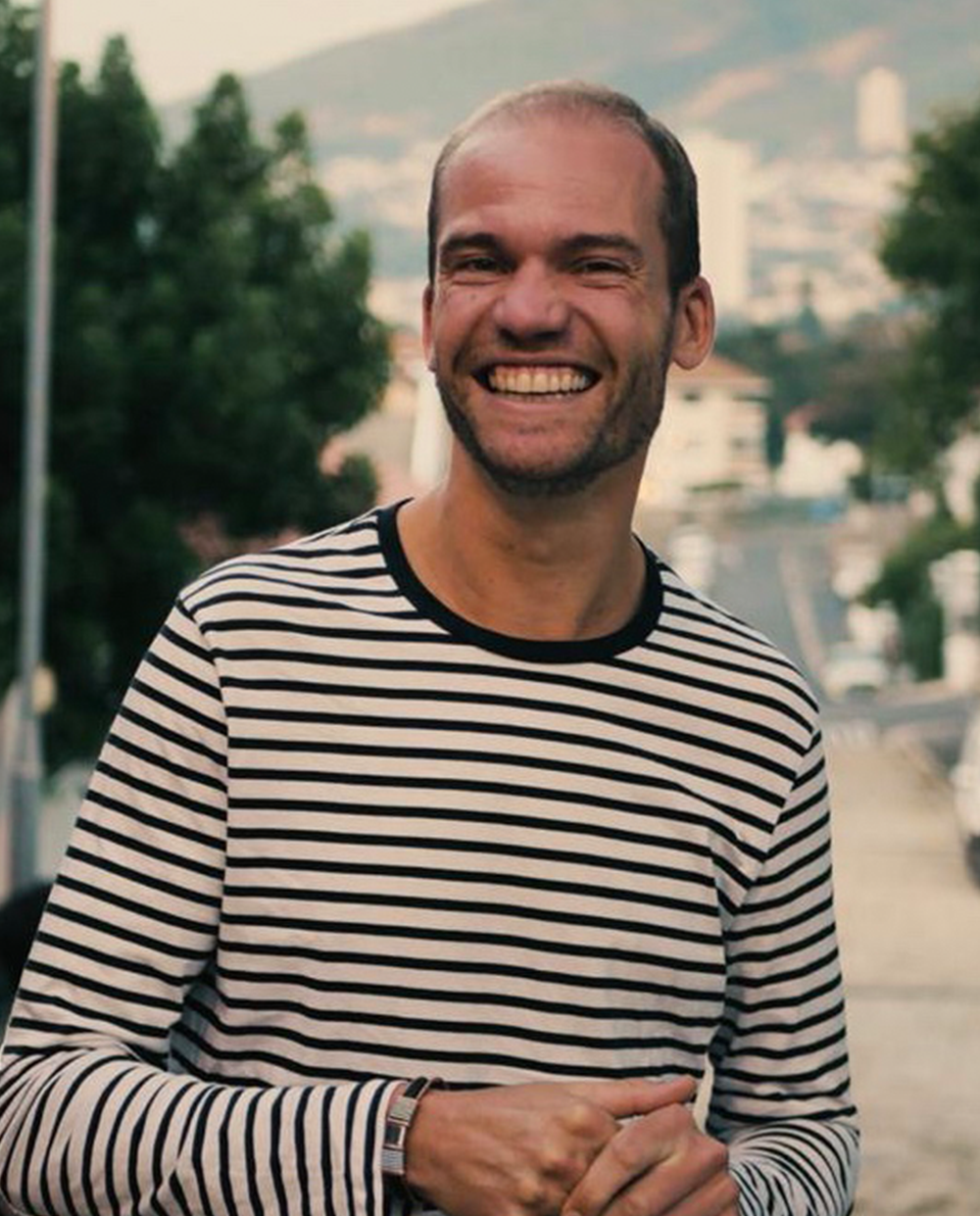 Stijn De Leeuw is pursuing his PhD in Developmental Psychology at the University of Cape Town, South Africa, working under the supervision or Dr. Susan Malcolm-Smith. His research focuses on investigating protective factors that support resilience longitudinally in children aged 3 to 8. The research is part of a larger, ongoing study, the Drakenstein Child Health Study (DCHS), which is a multidisciplinary birth cohort study. The DCHS is set in two communities with different cultural backgrounds, an isiXhosa and an Afrikaans community, yet both communities exhibit high levels of crime & HIV, lack of maternal education, and poverty. The study aims to gain more insights on protective factors that bolster resilience from a cultural and contextual point of view, so focus-groups with different local members of the communities will be held. The information from the focus-groups and assessment tool will then be incorporated into a longitudinal study. Seeing how these factors are possibly interrelated and function over time should elucidate potential pathways to resilience in this particular context and help move towards further research in resilience within low-and-middle income countries and develop prevention measures. After his dissertation, Stijn’s goal is to put research into practice and set up resilience interventions for children in low - and middle-income countries. Stijn holds a bachelor’s and master’s degree in Clinical Developmental Psychology from the University of Amsterdam, the Netherlands.
Stijn De Leeuw is pursuing his PhD in Developmental Psychology at the University of Cape Town, South Africa, working under the supervision or Dr. Susan Malcolm-Smith. His research focuses on investigating protective factors that support resilience longitudinally in children aged 3 to 8. The research is part of a larger, ongoing study, the Drakenstein Child Health Study (DCHS), which is a multidisciplinary birth cohort study. The DCHS is set in two communities with different cultural backgrounds, an isiXhosa and an Afrikaans community, yet both communities exhibit high levels of crime & HIV, lack of maternal education, and poverty. The study aims to gain more insights on protective factors that bolster resilience from a cultural and contextual point of view, so focus-groups with different local members of the communities will be held. The information from the focus-groups and assessment tool will then be incorporated into a longitudinal study. Seeing how these factors are possibly interrelated and function over time should elucidate potential pathways to resilience in this particular context and help move towards further research in resilience within low-and-middle income countries and develop prevention measures. After his dissertation, Stijn’s goal is to put research into practice and set up resilience interventions for children in low - and middle-income countries. Stijn holds a bachelor’s and master’s degree in Clinical Developmental Psychology from the University of Amsterdam, the Netherlands.
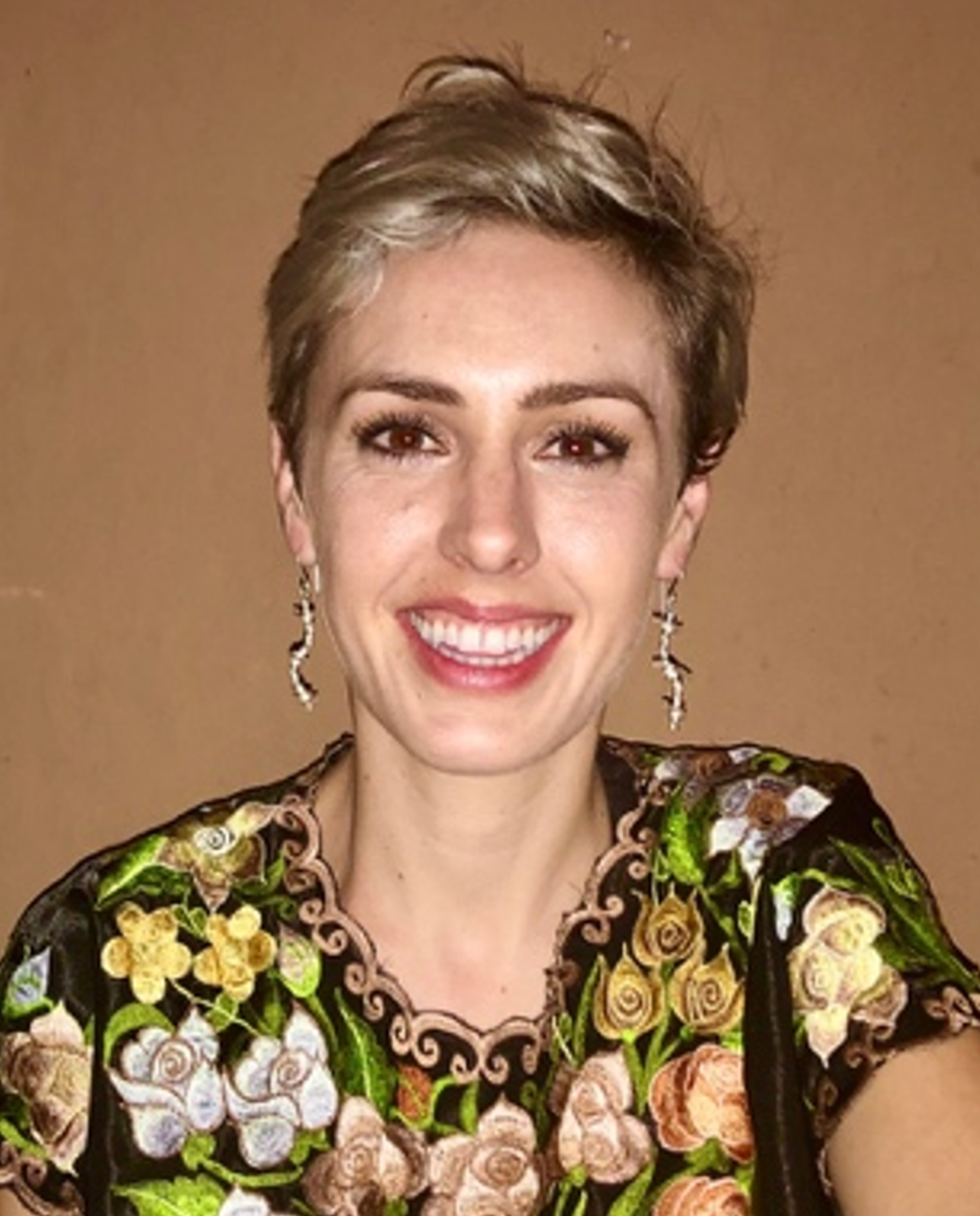 Ruthe Foushee is a doctoral candidate in the Language and Cognitive Development Lab and Berkeley Early Learning Lab at the University of California, Berkeley, under the supervision of Drs. Mahesh Srinivasan and Fei Xu. After concentrating in Linguistics and Latin American Studies at Harvard University, Ruthe came to developmental psychology interested in expanding research that seriously engages with just how complex—and how social—our knowledge of language is, as well as with the diversity of environments in which children are developing it. Her dissertation research looks at children's role in the language-learning process through the lens of active learning and language socialization, focusing in particular on children’s learning from overheard speech as a uniquely ecologically valid test case of their self-directed learning capacities. This grant will enable Ruthe to return to Chiapas, Mexico, where she has been conducting experimental semantic research with Tseltal Maya adults and older children since 2011, this time to work with infants, who spend the day on their mothers’ backs with consistent access to overheard speech. Informed by previous observations and interviews with mothers, she will work with mother-infant dyads to capture infants’ early language environments and knowledge of culturally-relevant language beyond vocabulary. The research funded by this grant will speak to how young learners adapt to their environments, as well as to how we can develop measurement tools that refrain from privileging learning from one type of environment over others.
Ruthe Foushee is a doctoral candidate in the Language and Cognitive Development Lab and Berkeley Early Learning Lab at the University of California, Berkeley, under the supervision of Drs. Mahesh Srinivasan and Fei Xu. After concentrating in Linguistics and Latin American Studies at Harvard University, Ruthe came to developmental psychology interested in expanding research that seriously engages with just how complex—and how social—our knowledge of language is, as well as with the diversity of environments in which children are developing it. Her dissertation research looks at children's role in the language-learning process through the lens of active learning and language socialization, focusing in particular on children’s learning from overheard speech as a uniquely ecologically valid test case of their self-directed learning capacities. This grant will enable Ruthe to return to Chiapas, Mexico, where she has been conducting experimental semantic research with Tseltal Maya adults and older children since 2011, this time to work with infants, who spend the day on their mothers’ backs with consistent access to overheard speech. Informed by previous observations and interviews with mothers, she will work with mother-infant dyads to capture infants’ early language environments and knowledge of culturally-relevant language beyond vocabulary. The research funded by this grant will speak to how young learners adapt to their environments, as well as to how we can develop measurement tools that refrain from privileging learning from one type of environment over others.
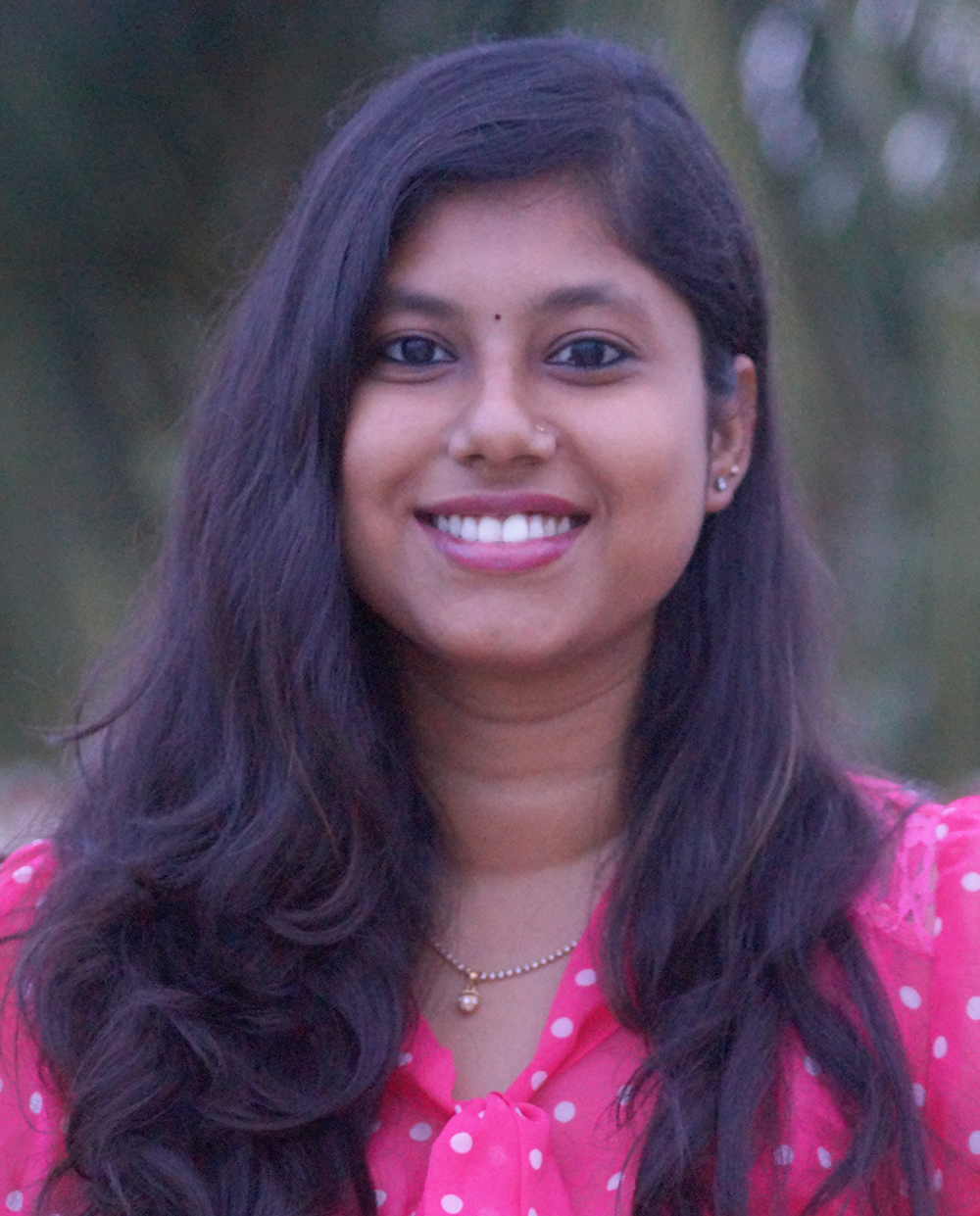 Adhirai Garibaldi is a doctoral candidate in Speech, Language and Hearing Sciences at the Sri Ramachandra Institute of Higher Education and Research (Deemed to be University), Chennai, India, working under the supervision of Dr. Lakshmi Venkatesh. Adhirai’s research interests include early language development, child language disorders, and caregiver education programs. After a Bachelors and Masters degree in Audiology and Speech Language Pathology, she worked as a research assistant on a prospective longitudinal project “Development of speech-language and neurodevelopmental skills among preterm children”, funded by the Government of India. The project provided her opportunities to work in a multidisciplinary child development unit and interact closely with families of young children belonging to different socio-economic strata. Her doctoral dissertation expands on the project by examining the morphological and syntactic aspects (grammar) of language acquisition among 3-year old preterm-born children speaking Tamil, an inflectionally rich language, spoken by 80 million people across South-East Asia. The results of her study will widen theoretical knowledge in understanding language acquisition across languages. The long-term goal of her study is to identify sensitive clinical markers of language impairment in Tamil contributing to the building of assessment tools and intervention programs appropriate for diverse cultural and language backgrounds.
Adhirai Garibaldi is a doctoral candidate in Speech, Language and Hearing Sciences at the Sri Ramachandra Institute of Higher Education and Research (Deemed to be University), Chennai, India, working under the supervision of Dr. Lakshmi Venkatesh. Adhirai’s research interests include early language development, child language disorders, and caregiver education programs. After a Bachelors and Masters degree in Audiology and Speech Language Pathology, she worked as a research assistant on a prospective longitudinal project “Development of speech-language and neurodevelopmental skills among preterm children”, funded by the Government of India. The project provided her opportunities to work in a multidisciplinary child development unit and interact closely with families of young children belonging to different socio-economic strata. Her doctoral dissertation expands on the project by examining the morphological and syntactic aspects (grammar) of language acquisition among 3-year old preterm-born children speaking Tamil, an inflectionally rich language, spoken by 80 million people across South-East Asia. The results of her study will widen theoretical knowledge in understanding language acquisition across languages. The long-term goal of her study is to identify sensitive clinical markers of language impairment in Tamil contributing to the building of assessment tools and intervention programs appropriate for diverse cultural and language backgrounds.
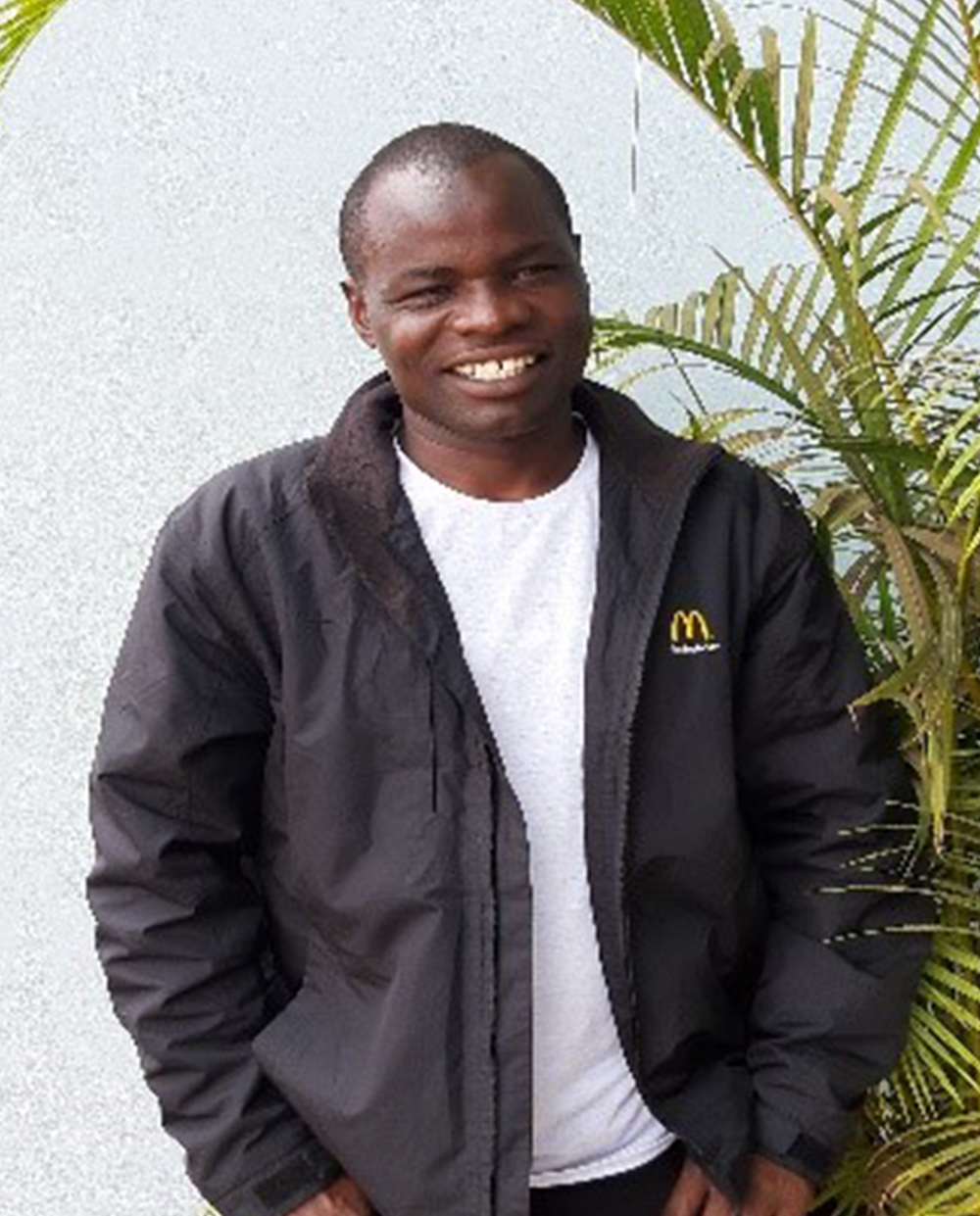 Silas Onyango is a doctoral candidate in the department of Epidemiology and Public Health (EPH) at the Swiss Tropical and Public Health Institute, an associated institute of the University of Basel, Switzerland. He is working under the supervision of Prof. Günther Fink and Prof. Jürg Utzinger (Switzerland) and Dr. Patricia Wekulo (Kenya). Silas obtained his bachelor’s degree in early childhood development from Kenyatta University, Kenya and later a Master degree of the same from the Norwegian University of Science and Technology (NTNU), Norway. Silas possess a wealth of experience in research in early childhood development in sub-Saharan Africa (SSA). His research interest include early learning and stimulation, responsive caregiving, caregivers’ mental health as well as neurodevelopmental disorders in children. His dissertation focuses on the short- and long-term impacts of early life intervention on the health and development of children in SSA. The study is embedded in three ongoing interventions in Kenya and Zambia. The dissertation has three principal objectives: 1) to identify the early childhood development (ECD) domains that are most critical for the long-run schooling success and well-being of Zambian children; (2) to determine the impact of a health-facility based early child development interventions on cognitive and motor development; and (3) to determine the effect of a parenting empowerment intervention on child health, growth and development. Silas hopes that this study will create new evidence on developmental pathways linking early childhood to schooling outcomes and also expand on the available evidence base on the impacts of early life interventions on the development of children in SSA Countries.
Silas Onyango is a doctoral candidate in the department of Epidemiology and Public Health (EPH) at the Swiss Tropical and Public Health Institute, an associated institute of the University of Basel, Switzerland. He is working under the supervision of Prof. Günther Fink and Prof. Jürg Utzinger (Switzerland) and Dr. Patricia Wekulo (Kenya). Silas obtained his bachelor’s degree in early childhood development from Kenyatta University, Kenya and later a Master degree of the same from the Norwegian University of Science and Technology (NTNU), Norway. Silas possess a wealth of experience in research in early childhood development in sub-Saharan Africa (SSA). His research interest include early learning and stimulation, responsive caregiving, caregivers’ mental health as well as neurodevelopmental disorders in children. His dissertation focuses on the short- and long-term impacts of early life intervention on the health and development of children in SSA. The study is embedded in three ongoing interventions in Kenya and Zambia. The dissertation has three principal objectives: 1) to identify the early childhood development (ECD) domains that are most critical for the long-run schooling success and well-being of Zambian children; (2) to determine the impact of a health-facility based early child development interventions on cognitive and motor development; and (3) to determine the effect of a parenting empowerment intervention on child health, growth and development. Silas hopes that this study will create new evidence on developmental pathways linking early childhood to schooling outcomes and also expand on the available evidence base on the impacts of early life interventions on the development of children in SSA Countries.
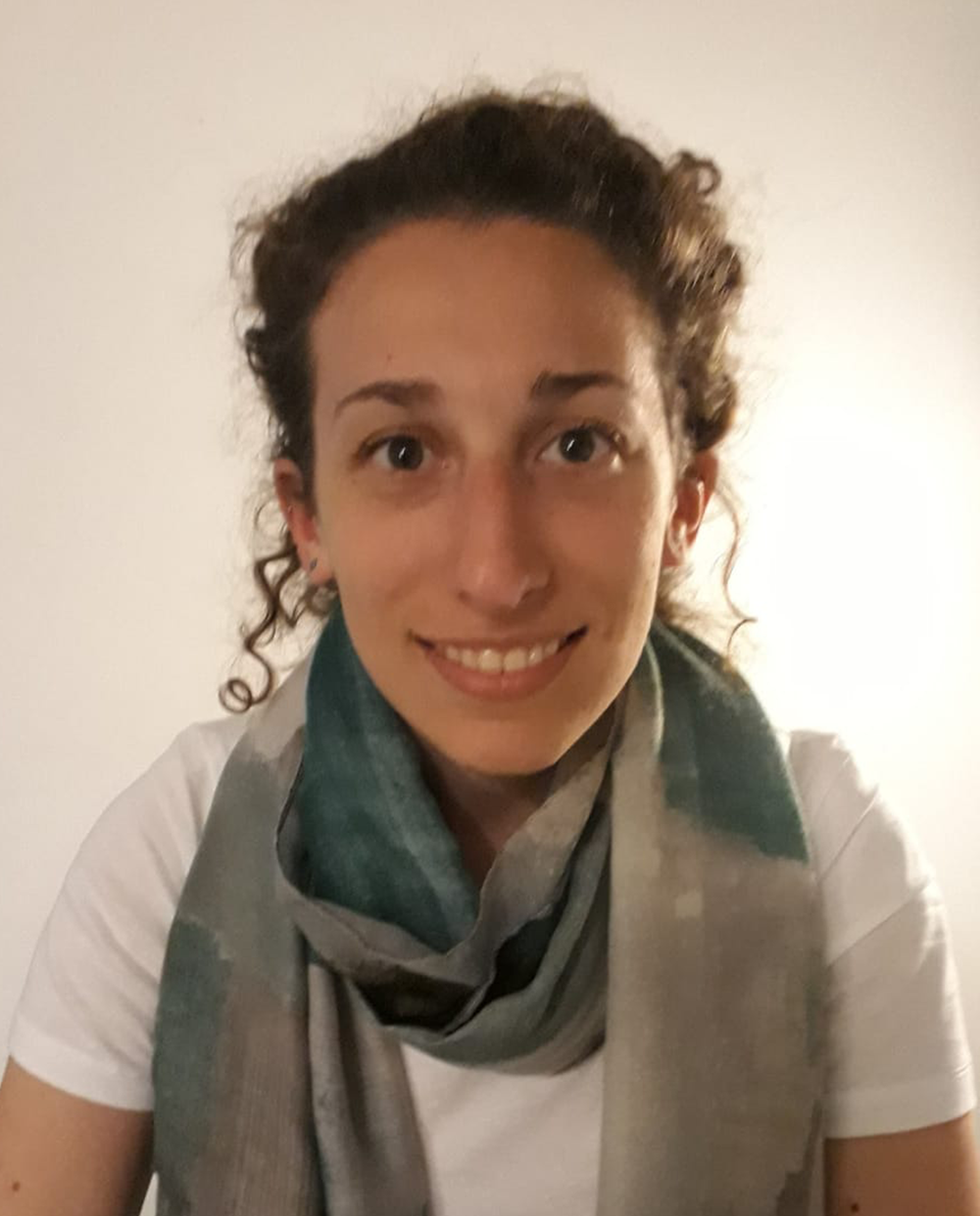 Laura Ramírez is a CONICET’s Doctoral candidate in Educational Sciences, at Buenos Aires University (UBA), Argentina, under the advice of PhD Celia Rosemberg and the co-advice of PhD Adriana Weisleder. After Laura completed her undergraduate degree in Linguistics (UBA), she enrolled in a master's degree in Cognitive Psychology and Learning (FLACSO-UAM) in order to deepen her knowledge about the relationship between cognition and language. Her Ph.D. dissertation aims to study socioeconomic disparities within toddler’s linguistic environments. In particular, her research seeks to describe the pragmatic properties of speech addressed to children from families of different socioeconomic groups living in Buenos Aires. In addition, she will study the linguistic features of pragmatically diverse child directed utterances during the first years of life, since these properties may affect linguistic development. Currently, she is working on a sample of 40 children from different socioeconomic backgrounds living in the metropolitan area of Buenos Aires. This sample belongs to a larger longitudinal corpus including socioeconomically diverse children (corpus: Rosemberg, C.R, Alam, F., Stein, A. Migdalek, M., Menti, A. y Ojea, G., (2015-2016), Language environments of young argentinean children, CONICET). Laura hopes that this study will contribute to understanding the role of the linguistic environment in children’s language development.
Laura Ramírez is a CONICET’s Doctoral candidate in Educational Sciences, at Buenos Aires University (UBA), Argentina, under the advice of PhD Celia Rosemberg and the co-advice of PhD Adriana Weisleder. After Laura completed her undergraduate degree in Linguistics (UBA), she enrolled in a master's degree in Cognitive Psychology and Learning (FLACSO-UAM) in order to deepen her knowledge about the relationship between cognition and language. Her Ph.D. dissertation aims to study socioeconomic disparities within toddler’s linguistic environments. In particular, her research seeks to describe the pragmatic properties of speech addressed to children from families of different socioeconomic groups living in Buenos Aires. In addition, she will study the linguistic features of pragmatically diverse child directed utterances during the first years of life, since these properties may affect linguistic development. Currently, she is working on a sample of 40 children from different socioeconomic backgrounds living in the metropolitan area of Buenos Aires. This sample belongs to a larger longitudinal corpus including socioeconomically diverse children (corpus: Rosemberg, C.R, Alam, F., Stein, A. Migdalek, M., Menti, A. y Ojea, G., (2015-2016), Language environments of young argentinean children, CONICET). Laura hopes that this study will contribute to understanding the role of the linguistic environment in children’s language development.
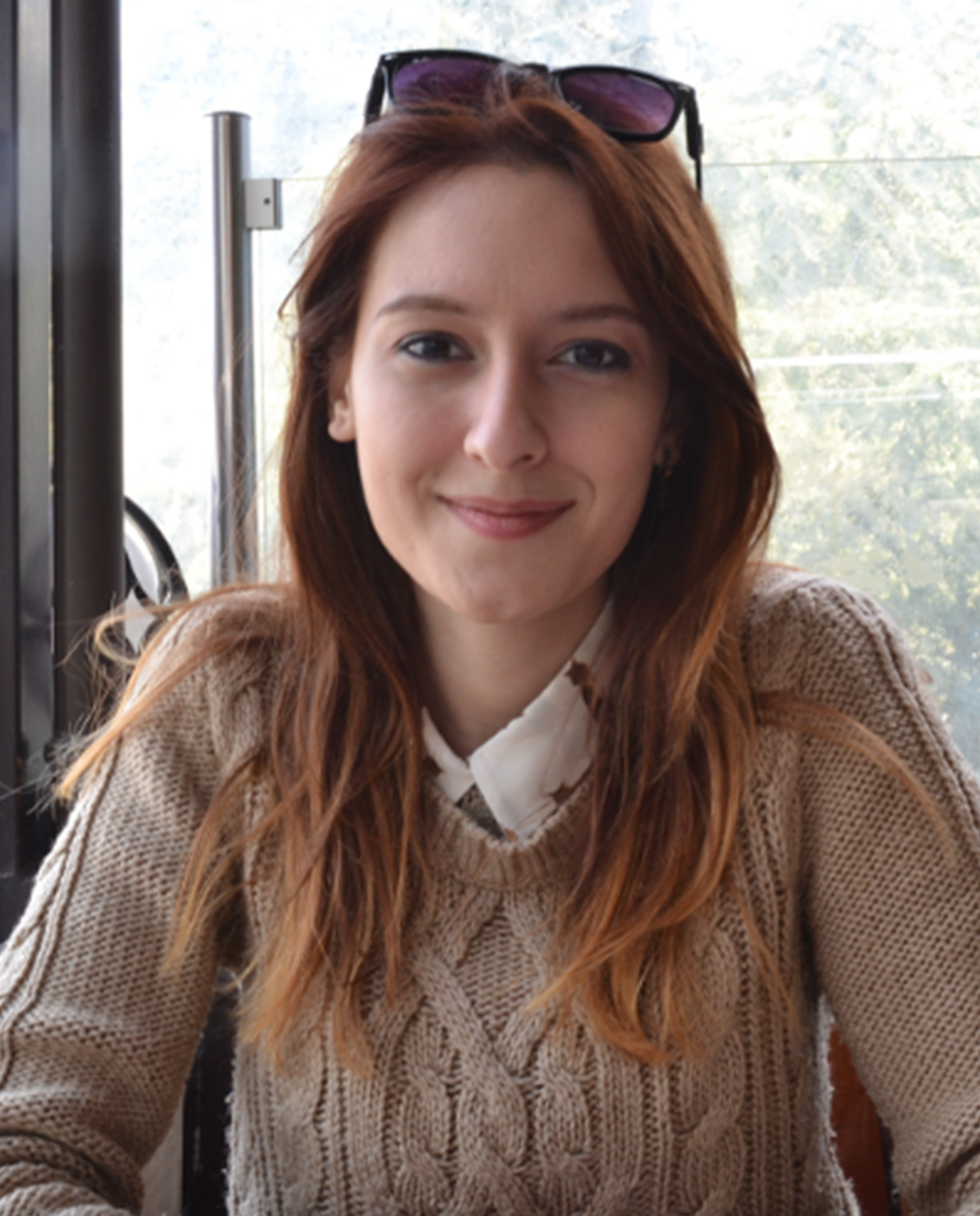 Gamze Turunc is a doctoral candidate in Developmental Psychology at Koç University Graduate School of Social Sciences and works under the supervision of Dr. Yasemin Kisbu-Sakarya. She completed her Bachelor of Science in Psychology and Master of Science in Developmental Psychology at Middle East Technical University (METU). Gamze’s research interests include well-being and socio-cognitive development of pre-school children, and determinants of parental involvement and quality. Gamze’s ongoing dissertation focuses on fathering and early childhood development in low- and middle-income countries. Currently, she is investigating fathering in post-conflict and high adversity populations such as Syrian refugee fathers living in Turkey. She hopes that the results of her research will contribute to policy and practice, by identifying protective and risk factors associated with involved parenting in developing countries and vulnerable populations.
Gamze Turunc is a doctoral candidate in Developmental Psychology at Koç University Graduate School of Social Sciences and works under the supervision of Dr. Yasemin Kisbu-Sakarya. She completed her Bachelor of Science in Psychology and Master of Science in Developmental Psychology at Middle East Technical University (METU). Gamze’s research interests include well-being and socio-cognitive development of pre-school children, and determinants of parental involvement and quality. Gamze’s ongoing dissertation focuses on fathering and early childhood development in low- and middle-income countries. Currently, she is investigating fathering in post-conflict and high adversity populations such as Syrian refugee fathers living in Turkey. She hopes that the results of her research will contribute to policy and practice, by identifying protective and risk factors associated with involved parenting in developing countries and vulnerable populations.